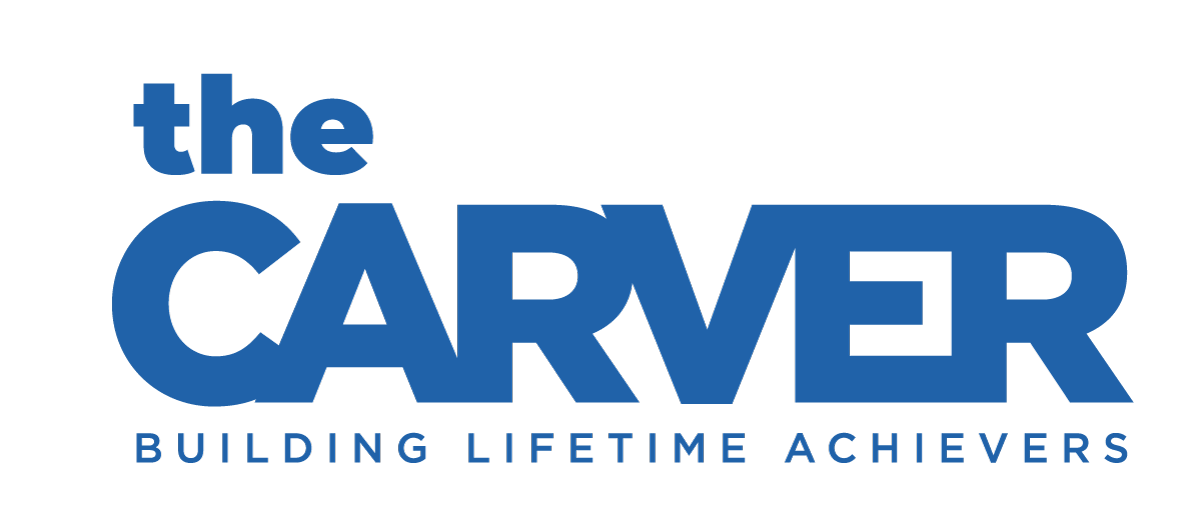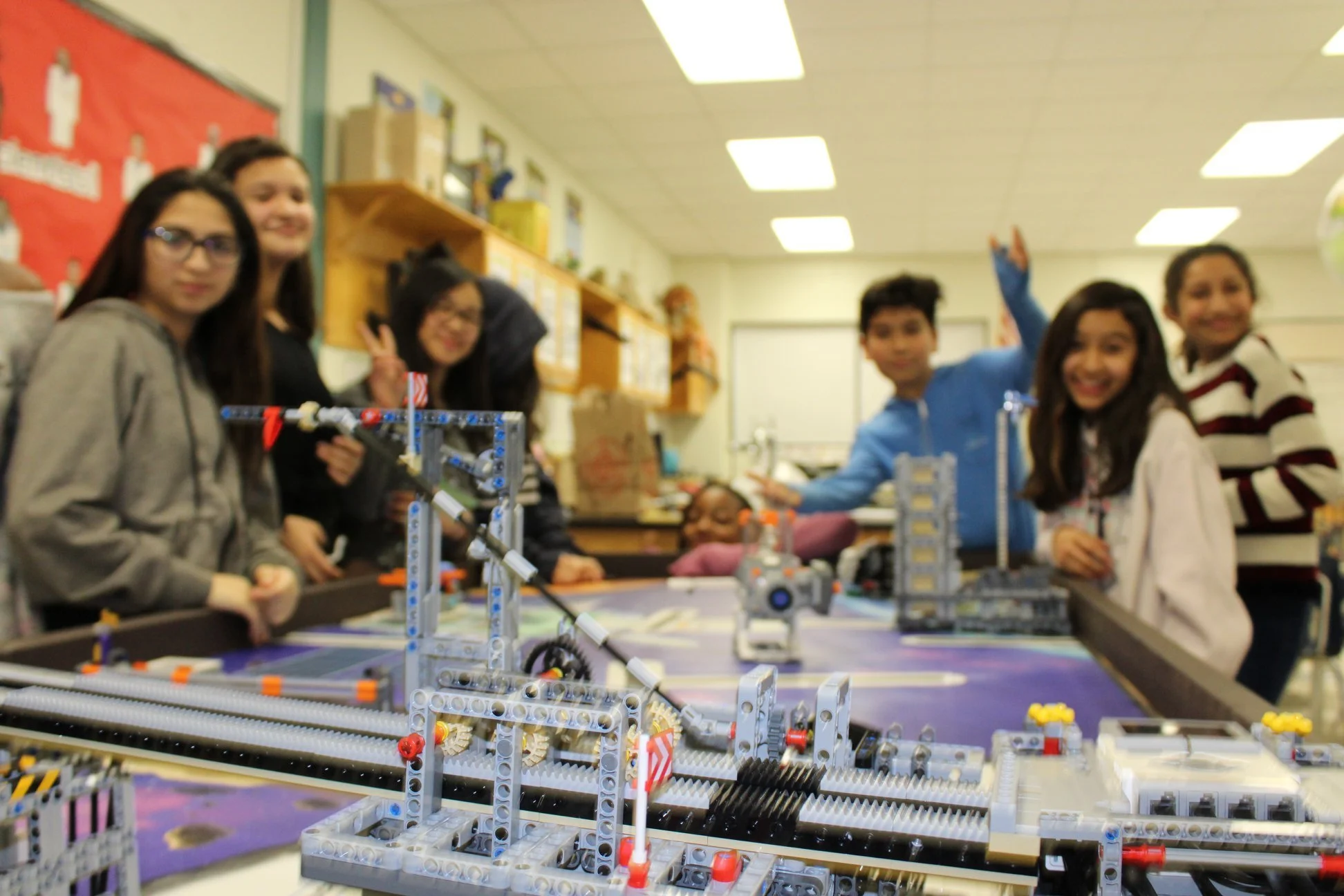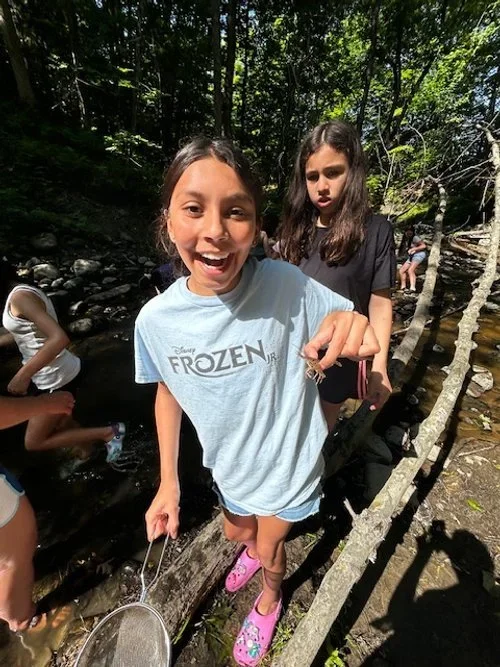At Carver, we believe that after-school hours are among the most powerful windows for igniting curiosity, building confidence, and strengthening community connections. That’s why Project-Based Learning (PBL) is at the heart of our approach. More than just a teaching method, PBL is a powerful learning tool that engages students through real-world, hands-on STEAM projects, cultivating academic, social, and emotional skills in a flexible, supportive environment.
What Is Project-Based Learning?
PBL invites students to work on extended projects that tackle real-world problems or pressing questions. These projects integrate knowledge from multiple disciplines, helping students develop critical thinking, collaboration, and problem-solving skills. Instead of rote memorization, students dive into meaningful challenges—becoming active participants in their own education.
Why PBL Works in After-School Programs
Boosts youth engagement: Students become invested by working on topics they care about and seeing the real-world impact of their efforts.
Builds 21st-century skills: From teamwork and communication to time management and decision-making, students gain tools they’ll carry into the future.
Fosters social and emotional growth: Group work helps students practice empathy, self-awareness, and perseverance while forming supportive relationships.
Connects learning to community: Many PBL units involve family and community members, strengthening engagement and civic responsibility.
Flexible and fun: Projects are tailored to student interests and learning styles, ensuring everyone contributes meaningfully.
Examples in Action
Carver students plan and host family engagement nights, taking the lead in organizing, managing, and presenting, which helps them develop leadership and responsibility. In STEAM-focused projects, students link academic concepts to real-world challenges, sparking curiosity and strengthening problem-solving skills.
The Transformative Power of Awe
At Carver, we weave awe into every PBL experience. Awe sneaks up on us mid-step, mid-thought, mid-breath—suddenly making the world feel a little bigger, a little more mysterious, and a lot more worth exploring. When students encounter awe through Driving Questions like “What can we learn from nature’s designs to solve human problems?” they are motivated to explore deeply, collaborate openly, and connect more meaningfully with others.
Research shows awe fosters curiosity, openness, and prosocial behavior. In PBL, awe inspires students to share ideas, support one another, and approach problems collectively. This makes learning not just an academic exercise but a socially connected, transformative experience.
Preparing Students for Tomorrow
In today’s world, rote memorization is no longer enough. Carver’s after-school PBL model, powered by awe, equips students with creativity, collaboration, empathy, and a lifelong love of learning. Our students don’t just master knowledge—they discover the joy of applying it to improve their world.
At Carver, awe is more than a fleeting feeling—it’s a guiding principle. Through PBL, awe fuels curiosity, builds resilience, and connects our students to one another, their community, and the larger world.



